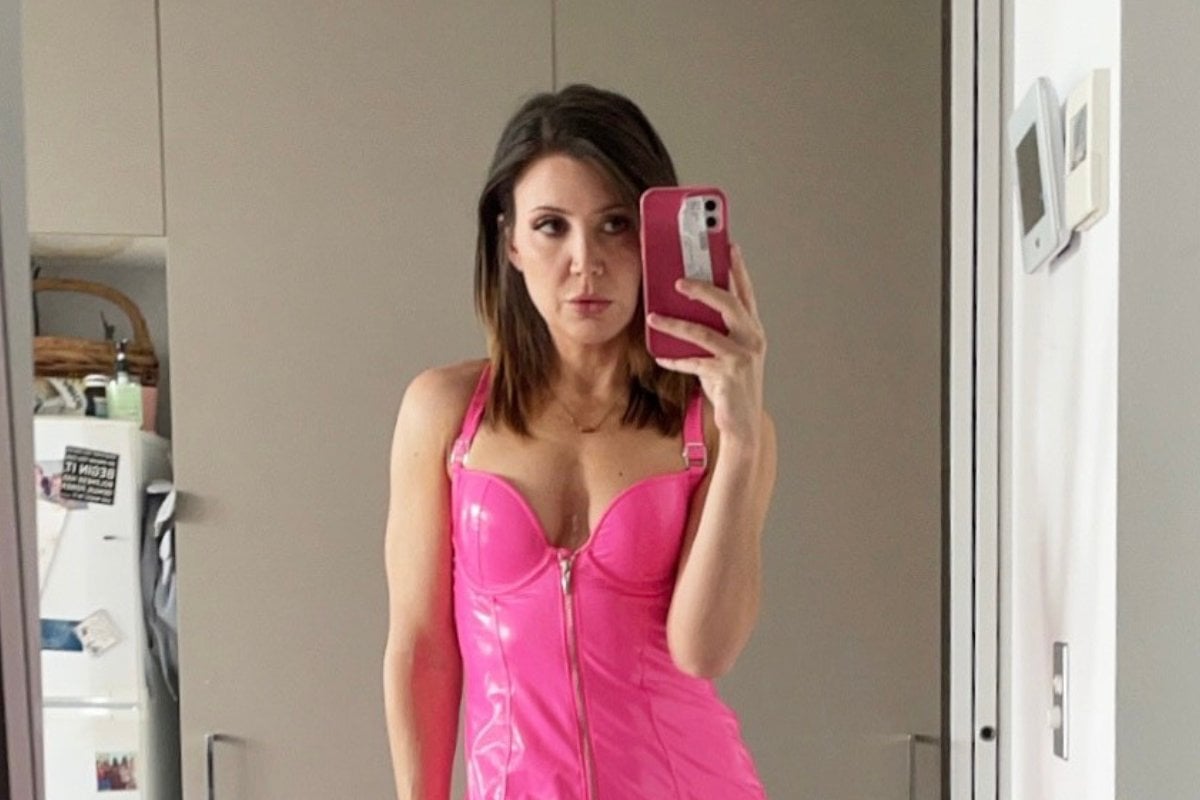
This story discusses mental health and self harm.
"You missed the turn-off," I told Mum as we veered away from the city.
"I’m not taking you home. You’re staying with me," she answered; the buildings now shrinking behind us.
My heart sank, but I didn’t argue. Because we’d been here before, on this same drive – a patient ID bracelet dangling from my wrist and a haze of benzodiazepines dulling the edges of everything.
I was 26 when I was first sectioned to the psychiatric unit. I didn’t know I was mentally ill; just that I was constantly terrified everyone I loved hated me and would leave me.
Whether it took the form of scraping untouched meals into the bin or deliberately inflicting pain on my body, my hospitalisations were always preceded by a riptide of self-loathing that hit after a rejection – a rejection that was embarrassingly sometimes not even real, but a type of abandonment my mind had convinced me was happening.
The psych ward was ironically, extremely depressing. Lying alone in a room stripped of anything someone might possibly Macgyver their way into using as an implement of self-destruction felt like being carried further out to sea, but somehow unable – or unwilling – to yell for help.
Watch: Let's talk about mental health. Post continues after video.
